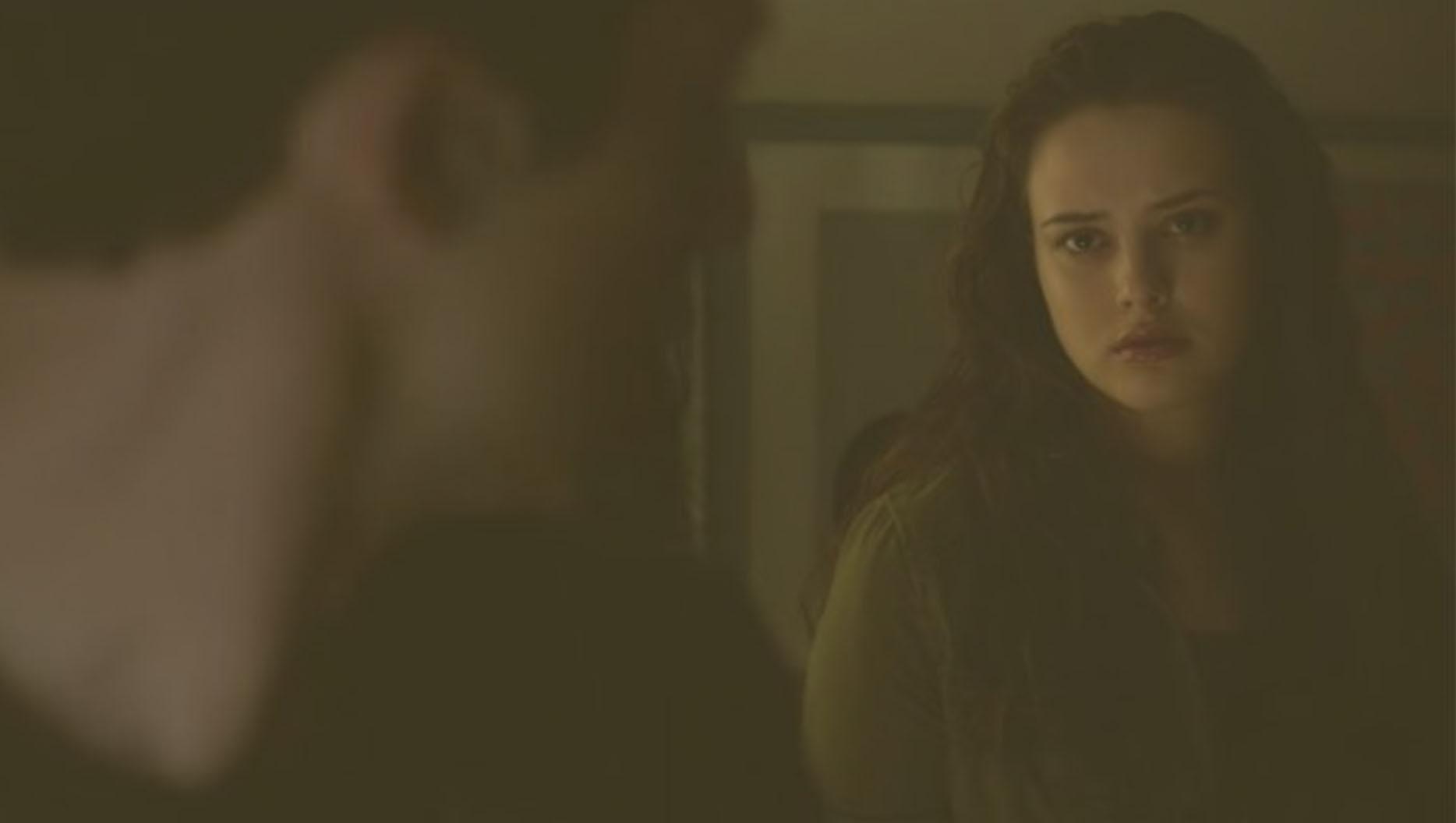This is part 2 of a 2 part series: Part 1
Season 2 of the Netflix series 13 Reasons Why was released last week. This series is based on a novel written by Jay Asher. After classmate and love interest, Hannah Baker, commits suicide, Clay Jensen is left reeling to understand why. He returns home from school to find a package with his name on it lying on his porch. Inside, he discovers several cassette tapes recorded by Hannah. She tells him that there are thirteen reasons why she decided to end her life, and Clay is one of them. If he listens, he’ll find out why.
What we know of season 2 thus far is that it will continue the story and do so using some of the same themes. It will depict lives full of secrets, poor decisions with grave consequences, sexual assault, violence, guns, substance abuse, and the on-going impact of suicide. It will also encourage a resurgence of curiosity in the first season.
People have very strong opinions regarding the benefit and potential harm of this series. Some argue it is beneficial to bring to light hard topics that face youth today and believe it encourages conversation on these important topics. Others argue it glamorizes the worst of teen culture and portrays rape, liberal sexuality, substance abuse, lies, and violence as normal in the lives of teens. Many families would find this far from normal, while for others, it may hit close to home. What I hope we all agree on is this: while it is good to encourage healthy conversations on tough topics, we also do not want our kids to accept as normal the culture this show describes, nor do we want their choices/decisions to mimic what might be seen there.
If there was anything positive in the message of the first season, it was that choices have consequences (at times, very serious ones) and that we all must take responsibility for our own actions. That, however, was not enough to sway the opinion of the National Association of School Psychologists. They acknowledge the potential for more harm than good by stating: “We do not recommend that vulnerable youth, especially those who have any degree of suicidal ideation, watch this series. Its powerful storytelling may lead impressionable viewers to romanticize the choices made by the characters and/or develop revenge fantasies.”
Should your child choose to watch the series or you choose to watch it with them, it is essential that you discuss the program together. Here are some of the themes, some obvious, and some not so obvious, that you may find in the series:
-
- Partying, substance abuse, and liberal sexuality are portrayed as normal, common, and expected.
-
- Lies, deceit, and secrets are commonplace and inevitable.
-
- Powerful, suggestive scenarios depict life choices that were once off-limits (such as suicide, violence, revenge) as now possible for a young person.
-
- Violence, sexual assault, bullying/ threatening behaviors and suicide are frequent topics (and this may contribute to the emotional struggles in more vulnerable kids).
-
- Young people are depicted as the competent ones and must find solutions to problems amongst themselves.
-
- Parents and other adults are seen as incompetent or incapable of handling the truth and are therefore kept in the dark.
-
- Teen culture is characterized with a permeating sense of vanity and desperation.
- There is no reason for hope; there is no reason to live or confidence expressed that life will get better beyond present sufferings.
These false messages must be exposed, discussed, and bridges built with young people. They need to know that if they open up to their parents or another competent adult, there is help and support and understanding. We can, and must, do a far better job of engaging young people on these topics than any tv show. (See my blog about Season 1 for some thoughts on this).
Regardless of what you think of the series, realize this: kids need reasons to live. They need to know that they can face hard things, even traumatic and insurmountable things, and get through them with God’s help. They need to have hope and know they are not alone. We can offer them that hope. We have someone even greater and more intimately involved in their struggles: their Creator and Savior. In my blog from season one, I offered a list from the Bible of 13 reasons why life is worth living. Use them to help kids connect the dots from God’s promises to their struggles. Show them that God knows what is going on in their lives—that he longs to interact with them personally and offers them an abundant, rich, hope-filled life. In fact, do this even if your kids aren’t watching 13 Reasons Why. It’s something we all need.
This is part two of a two part series: Part 1




